AN UPSTART IN GOVERNMENT
Arun Maira has a passion for the progress of India and improvement of the lives of its poorest people. This must be a collaborative endeavour, he urges, and suggests systematic ways to engender cooperation. He also provides insights from his decades of experience in making in India and abroad for changes in mindsets necessary to create millions more good jobs in manufacturing in India. An inspiring book.
Suresh Prabhu,
Minister for Railways, Government of India
In this very readable account drawn from several decades of practical experience, Arun Maira offers powerful perspectives on how we can shape our future. In highlighting the role that cooperation between stakeholders plays in institutional reform, his deep faith in people as appreciating assets comes through very strongly. This work is a timely and valuable contribution to thinking about the reform agenda that India must embrace.
Cyrus P. Mistry,
Chairman, Tata Group
Arun Maira has brought his vast experience, first in the private sector and then as a member of the Planning Commission to bear on this thoughtful book about building methods of cooperation and consensus to tackle some of the seemingly intractable challenges that face India. As he points out, the stalemate that bedevils decisions arising out of protagonists taking adversarial positions, can often be solved by getting everyone to cooperate using proven methods. This is an important book from someone who after a distinguished career in the private sector, has seen the Government from the inside.
Nandan Nilekani,
Co-founder of Infosys, and former chairman of Aaadhar
Arun Maira has a passion for helping people to listen to each other, and to work more effectively together to produce the results they would all want. He brought this passion, which was evident in his earlier work as a leader of manufacturing organizations and as a consultant, to his work in the Planning Commission. In his book, An Upstart in Government, he explains how Indias Total Factor Productivity would increase and how much the people of India would benefit if systematic processes were applied for consultative planning and coordinated implementation. He explains the principles for creating cooperation systems with many examples. His book must be read by leaders in government, in the private sector, and in civil society organizations also. They must all create better cooperation systems within their enterprises. And, for the nation to progress much faster and bring the fruits of progress to all Indians, they must cooperate more effectively with each other too.
Anand Mahindra,
Chairman, Mahindra and Mahindra
The title of Arun Mairas book, An Upstart in Government, clarifies at the outset that he was a different kind of government functionary. His book manages to talk of many things, like Alices Walrus, with true anecdotes and stories of his experiences in various sectors, without bureaucratic and management jargons, and is very easy reading. To be able to see the larger picture, project a sensible worldview and yet be able to connect with the human interest concerns of the common man, as he does, is an urgent need of our time.
My own growing concern of the need for Anubandh, of concern and connectedness among people, communities and even countries finds an echo in his book, in which he explains how leaders in government, those in the private sector, as well as the people in civil society organizations must have greater cooperation with each other. For the nation to progress faster, and bring the fruits of progress to all Indians, they must cooperate more effectively with each other too. This is a book that will appeal to both those in the government and those not in it.
Ela R. Bhatt,
Founder, SEWA
Published by
Rupa Publications India Pvt. Ltd 2015
7/16, Ansari Road, Daryaganj
New Delhi 110002
Sales Centres:
Allahabad Bengaluru Chennai
Hyderabad Jaipur Kathmandu
Kolkata Mumbai
Copyright Arun Maira 2015
The views and opinions expressed in this book are the authors own and the facts are as reported by him which have been verified to the extent possible, and the publishers are not in any way liable for the same.
All rights reserved.
No part of this publication may be reproduced, transmitted, or stored in a retrieval system, in any form or by any means, electronic, mechanical, photocopying, recording or otherwise, without the prior permission of the publisher.
eISBN: 9788129136503
First impression 2015
10 9 8 7 6 5 4 3 2 1
The moral right of the author has been asserted.
Printed and bound in India by Replika Press Pvt. Ltd.
This book is sold subject to the condition that it shall not, by way of trade or otherwise, be lent, resold, hired out, or otherwise circulated, without the publishers prior consent, in any form of binding or cover other than that in which it is published.
For my father and mother
Contents
Part One
An Upstart in Government
Part Two
Shaping Our Future
Part Three
Learning to Work Together
PROLOGUE
THE WRITER AND THE JOURNEY
 reader looks at the introduction of a book to know what it is about and how it is constructed. When an author begins to write, he also wonders what his book will be about and how he will write it.
reader looks at the introduction of a book to know what it is about and how it is constructed. When an author begins to write, he also wonders what his book will be about and how he will write it.
Paul Theroux, who has written famous travel books such as The Great Railway Bazaar, reflected on these questions at the Jaipur Literature Festival in January 2015. In a panel with other travel writers, he was asked what the difference was between writing a novel, which he admitted is his passion, and writing travel books, which he excels at. The difference, he said, was that in a travel book you know what you are going to write about. In a novel, you discover what you are writing about as you write. Travel books, biographies, autobiographies, and histories record what has happened: they are non-fiction literature. In a novel, you make up the facts to tell a story that is a fiction of the authors imagination. The novelist creates facts, and does not know what facts he will create when he begins to write.
V.S. Naipaul, the Nobel Laureate in Literature, whom Theroux had greatly admired and with whom he had had a nasty public falling out, was also at the Jaipur Literature Festival. Naipaul has written many famous booksincluding several on India, a country that has fascinated him because his forefathers migrated from India to the Caribbean islands. One of his lesser-known books, A Way in the World is a collection of his reflections, many autobiographical, strung together in a book he calls a novel. In one of its chapters, New Clothes: An Unwritten Story, Naipaul considers how he should write a story about a traveller in a part of South America he, the author, has visited. How the place and the people in it are described will depend on who the novelist chooses as the traveller and narrator, he says. Therefore, he wonders who the narrator of the story should be
This book before the reader is not fiction and I will be the narrator of the stories in it of journeys of change and learning.
One is about the fulfilment of a young boys aspiration, born within him soon after India became independent, to work in the government and serve his country. His aspiration is fulfilled fifty years later, when he thinks he has retired and found time at last to learn to play the leisurely game of golf after a long innings in the private sector. A telephone call out of the blue from the prime minister of India asking him to join the government to serve the country compels him to put his new golf set aside and get back to work.

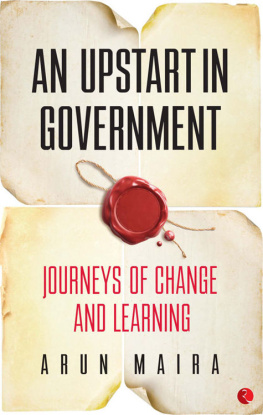
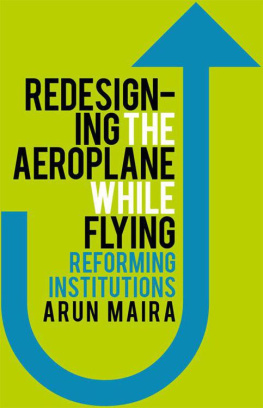


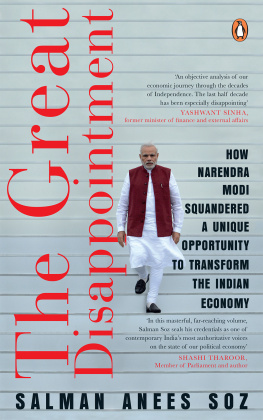

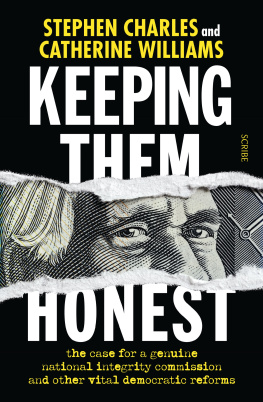
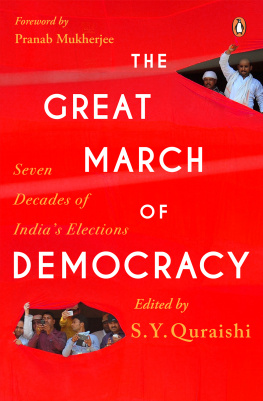
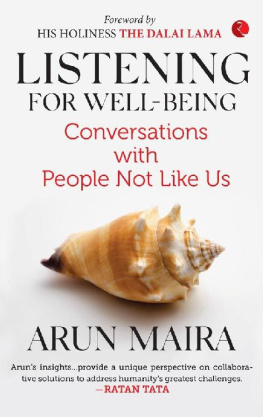

 reader looks at the introduction of a book to know what it is about and how it is constructed. When an author begins to write, he also wonders what his book will be about and how he will write it.
reader looks at the introduction of a book to know what it is about and how it is constructed. When an author begins to write, he also wonders what his book will be about and how he will write it.